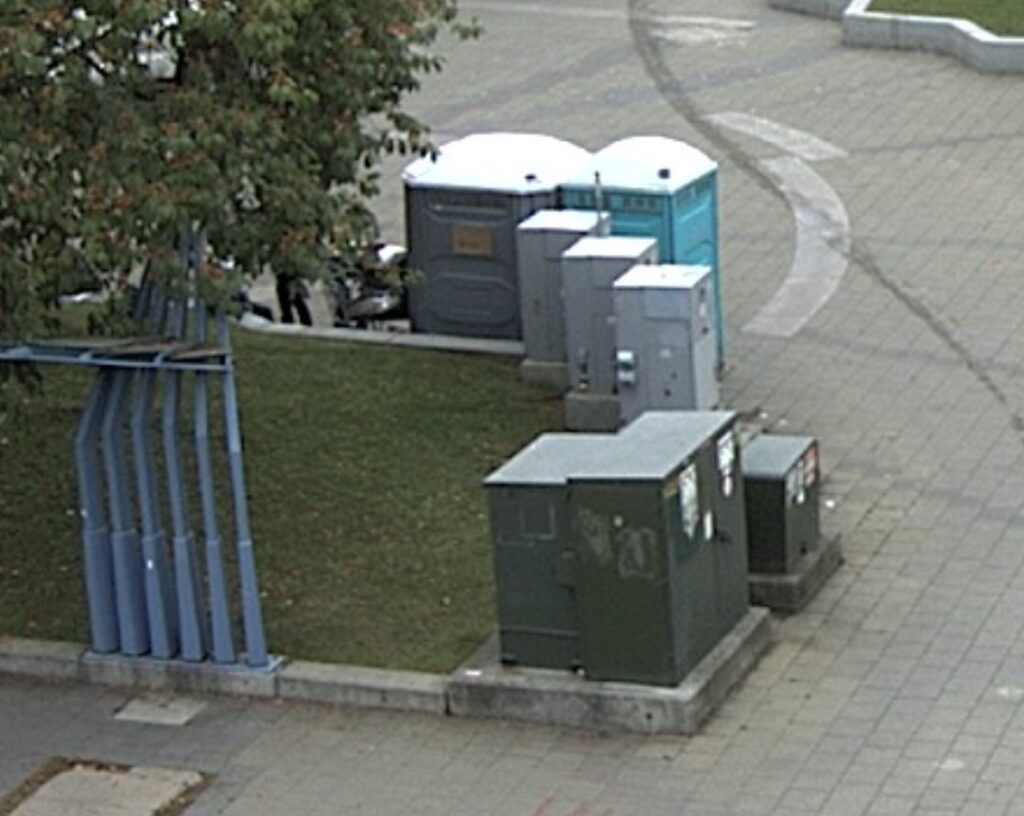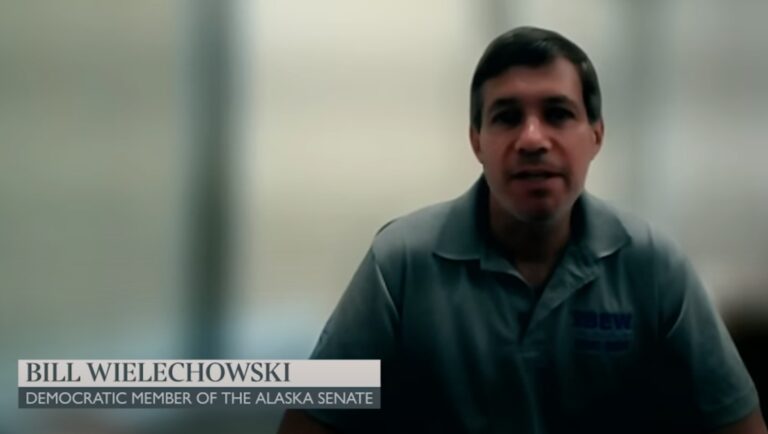As Anchorage prepares for a high-profile meeting between President Donald Trump and Russian President Vladimir Putin on Friday at Joint Base Elmendorf-Richardson, the Mayor’s Office is making no visible moves to clear downtown streets of the vagrants, public inebriates, and encampments that have plagued the city’s core.
On Wednesday, Municipal Manager Becky Pearson sent a note to all city employees addressing preparations for the visit, but notably she omitted any mention of a cleanup effort to present Anchorage in its best light for the national and international media expected to descend on the city.
“We know that Joint Base Elmendorf Richardson (JBER) is the likely location for a Friday visit… We are collaborating closely with JBER, the Governor’s office, the Anchorage School District, UAA and others,” the memo said, before thanking municipal staff for “significant extra time” spent on the effort.
The message reassured employees that most activity would be wrapped up by Friday evening, with no anticipated disruptions to city services, schools, or transportation. It also directed all media inquiries to the Mayor’s Office.
Conspicuously absent from the internal communication was any directive to spruce up downtown streets, where panhandlers, public intoxication, and homeless encampments have become entrenched.
In years past, large-scale events or visits from dignitaries have prompted visible cleanups and enforcement sweeps, but those efforts appear absent this week.
With world media focusing its lenses on Anchorage, some residents question whether the city is missing a chance to improve its image.
Here’s what the Must Read Alaska photo crew saw early Wednesday morning:
















